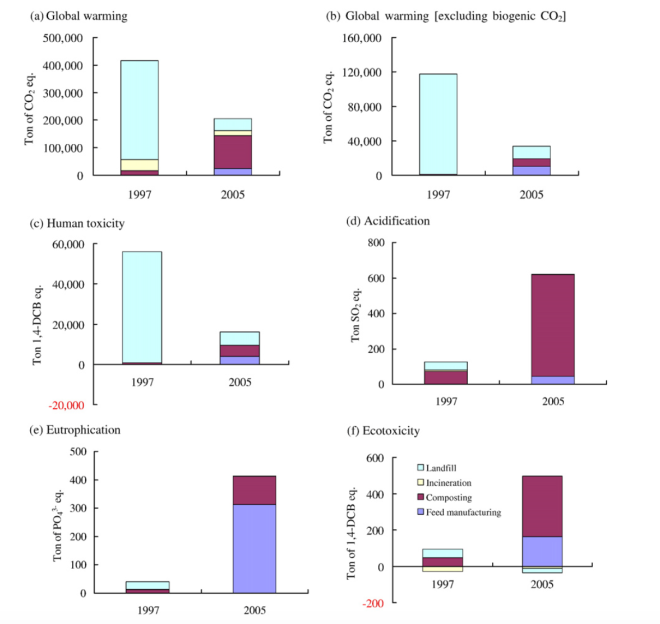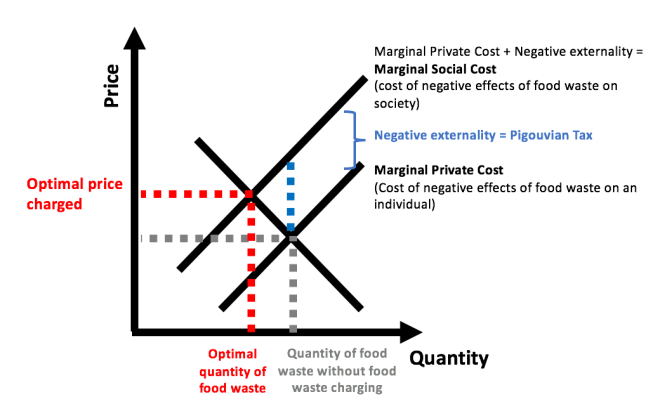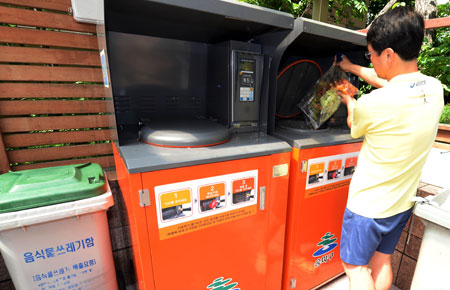Source (Cover image): Korea Times, 2013
I realised that my previous post might have painted a rosy image of Seoul’s food waste management system. However, there is no perfect solution and in this post, I’ll be examining some of the pitfalls.
The Bad – Environmental burden
While the increase of food waste recycling had led to a fall in landfilling and thus its contribution to global warming, other environmental categories such as acidification, eutrophication, and ecotoxicity had seen a drastic increase (Figure 1) (Lee et al., 2007). In particular, feed manufacturing from food waste had led to an increase of eutrophication by nine-fold, resulting in the deterioration of reservoirs and lakes in Seoul. As such, there seems to be a displacement of environmental problems, reducing certain negative environmental concerns at the expense of other categories.

Figure 1. The change of environmental impacts between 1997 and 2005 in Seoul
Source: Lee et al., 2007
The Bad – Limitations of economic regulation due to imperfect information and hence inaccurate pricing
The waste charging system in Seoul is likened to a Pigouvian tax that encompasses economic incentive and market mechanism to reduce pollution (Lee and Jung, 2017) (Figure 2). However, environmental damages from food-waste pollution cannot be measured exactly and thus, policy-makers are unable to charge in proportion to the amount of negative impact caused for the entire society (Stavins, 1997). In the case of Seoul, there is likely to be an under-estimation of waste charge, thus limiting the effectiveness of the pricing mechanism in reducing the negative externalities of food waste.

Figure 2. Economic mechanism of food waste charging
Concluding thoughts
In my opinion, the problems associated with food waste management policies should not serve to discredit the policies, but rather present other areas that policy-makers should look into in ensuring a holistic approach.
The most effective way to reduce the environmental burdens of food waste and its management system is to reduce the generation of waste itself. Therefore, in particular for Seoul where there seems to be a priority given to food waste recycling, a complementing solution would be to look at a reduction of food waste such as over purchasing and changing perceptions of leftovers.
[331 words]
References:
- Lee, S.H., K.I., Choi, M. Osako and J.I. Dong. (2007) Evaluation of environmental burdens caused by changes of food waste management systems in Seoul, Korea. Science of the Total Environment, 387, 42–53.
-
Lee, S. and K. Jung. (2017) Exploring Effective Incentive Design to Reduce Food Waste: A Natural Experiment of Policy Change from Community Based Charge to RFID Based Weight Charge. Sustainability, 9, 2046, 1-17.
- Stavins, R.N. (1997) Economic Incentives for Environmental Regulation. BCSIA Discussion Paper 97-02.
